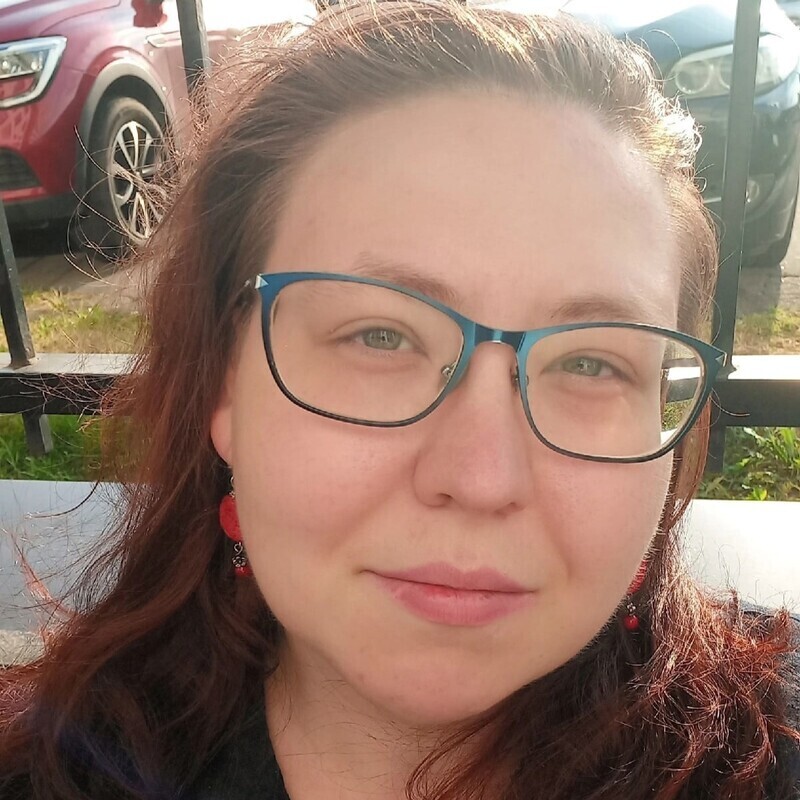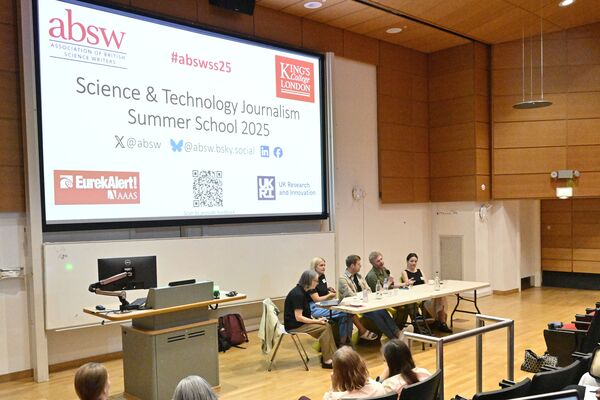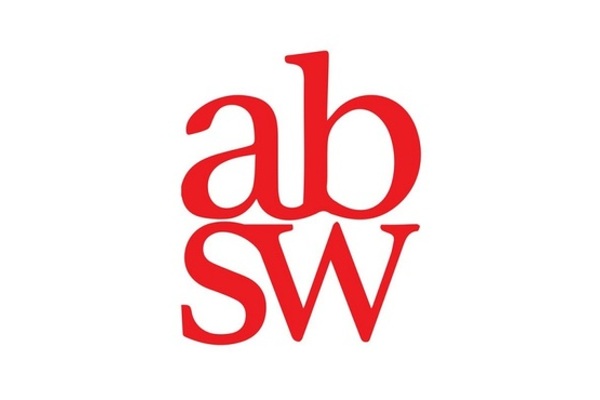Geography is no longer a barrier: science stories span the globe, and editorial teams are actively seeking voices who can convey local perspectives with global impact. A team of experts – editors and freelancers – gathered at the ABSW webinar Pitching Across Borders hosted by Eva Amsen, freelance science writer and European Representative on the ABSW Board, to discuss how to write for magazines outside their own country. Here are the key takeaways from the discussion.
International editorial teams need freelancers "on the ground"
Editors at major publications highly value authors based in regions where significant but rarely covered events are taking place. Tushna Commissariat from Physics World explained that they can secure unique interviews with freelancers from different countries: visiting the scene provides the opportunity to obtain quotes that would otherwise be unavailable. An example is an article about the Chicxulub crater in Mexico, written by a local freelancer who was able to visit the spot, collect visual material, and speak with scientists in person.
Maria Bolevich, a freelance journalist from Montenegro, shared her experience working with international editors. For her, the opportunity to collaborate with foreign editors was an opportunity to overcome the limited market in her home country. But this very fact gave her a unique niche: stories from her region attract international editors because they offer local details that can be of interest to a global audience.
She emphasises that as a local journalist, she can gain a deeper understanding of the cultural and political context, identify credible experts, and present the true picture, not a superficial "picture for the local consumer." An example is a story about Lake Skadar: Maria analysed environmental documentation, studied environmental impact reports, and found experts. The local context allowed her to bring details that make the article more relevant to an international audience.
Emma Stoye, news editor at Nature, noted that over the years, she's worked with freelancers from all over the world. She confirms that often, reporting from the scene or on-site is much better than reporting remotely, from your workstation, because you can add new elements to the story, more colourful with a greater sense of presence. Journalists "on the ground" can gain access to sources, interview key experts, and gather documents that would remain unknown to a remote reporter.
Jop de Vrieze, a freelancer from the Netherlands, also noted the advantages of "home" location. He described how personal contact with scientists working in Amsterdam allowed him to delve deeper into the topic of the microbiome. In one case, he was investigating a Sackler Prize-winning professor and, thanks to his well-established connections, was able to uncover controversial details. This "local" knowledge added significant weight to the story.
How to determine if your local story will be of interest to an international editorial team? According to Emma Stoye, events occurring in one country can be significant for the scientific community worldwide. The key is to demonstrate why this local case has broader implications: it can be student protests, clinical discoveries, or environmental issues. Also, when pitching an idea to an international publication, it's important to formulate a "topline", the main idea of the article, that speaks not just to the local event but to its broader implications.
Language proficiency is not the most important aspect
Journalists from other countries often worry about their not-so-perfect English, as they think a journalist must dominate the language. However, for many international editors, a perfect command of English isn't the most important thing. Editors will help you adjust the English to the publication's style in a collaborative process.
Participants emphasised that more important than a “perfect” English is to convey your idea clearly in a pitch. In this pitch, include a tentative title so the editor immediately understands where you want to go, as this is more effective than general phrases. And, if possible, have a call with the editor to discuss the topics.
Important takeaways: be honest. If English isn't your native language, say so and ask for feedback. You can use a system that works for you, like writing a draft in your native language first and then translating it.
Pitching Lifehacks
Location is not a barrier, rather an advantage, and language doesn’t need to block your way. The key is to be able to identify stories with global potential, build relationships with editors, and focus on the value you can bring as a "person on the ground." Here are seven take-home messages from this webinar:
- Build relationships with editors. Even a cold pitch can be successful if you meet the editor beforehand, offer to call, and discuss interesting topics.
- Provide specific and clear ideas. Don't spread yourself too thin; create one strong, well-reasoned pitch, especially if you're still new to the publication and editor.
- Respect deadlines and relevance. When pitching, it's best to provide a realistic publication schedule and explain why you're the right person for the topic (for example, you already have interviews, access, or insider data).
- Start with smaller formats. If the idea is big, but you don't have a history with the editor, pitch a short piece to build trust, and then scale it up.
- Freelance journalists often deal with rejection. As Maria Bolevich says, she received harsh criticism early in her career, but it helped her learn and improve. She advises not to think about rejection as the end, but as an opportunity to improve.
- Find motivation within yourself. Ask yourself deeper questions than simply "selling an article": "Why is this story important to me?"
- Understand that there is no competition. Fellow journalists are not just rivals, but like-minded people in the field of science communication. Also consider using successful pitch databases, such as those from The Open Notebook.

Zoya Chernova is a freelance science writer and former researcher with a background in biochemistry. She writes about modern medicine, women scientists, biochemistry, and cats.










